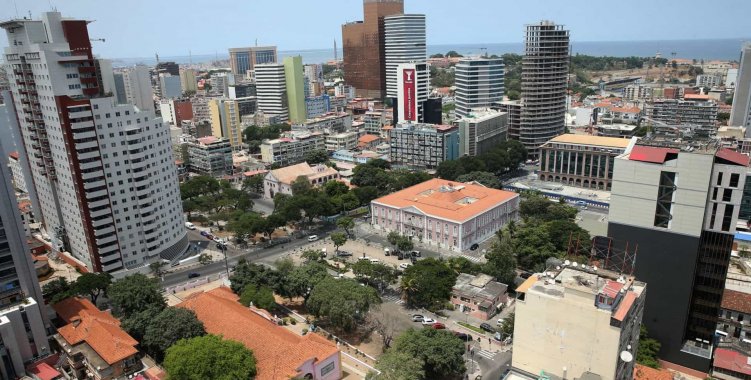"The economic outlook for the next 12 months is overshadowed by the decline in oil production, as well as the sluggishness of the covid-19 vaccination process, with less than 3 percent of the population having at least one dose of any vaccine," S&P analysts say in the note accompanying their decision to maintain the rating at CCC+ earlier this month.
In the analysis, S&P says it expects "a slight 0.2 percent contraction in GDP this year, following a 5.1 percent drop" last year, which was the fifth consecutive year of negative growth, and expects Angola to return to growth in 2022, recording economic expansion of 2 percent, rising to 2.5 percent and 2.8 percent in the following two years.
For S&P, the positive economic growth will, however, be insufficient to reach all citizens, since population growth will be greater than that of the economy.
"In part due to exchange rate effects and rapid population growth, we estimate that GDP per capita declines from 2600 in 2019 to around 1800 dollars in 2020, and will be below 2019 levels for the next four years," the analysts write.
Regarding oil, S&P forecasts an average of 1.19 million barrels per day between 2021 and 2024, which compares with 1.28 million in 2020 and 1.42 million in 2019, which is "lower than the production quota of 1.27 million barrels per day for Angola in 2021 because suspended drilling activities and reduced maintenance and investment by oil companies in 2020 reduced production from old and technically complex fields."
On public debt, one of the main indicators consulted by international investors as a barometer of the country's ability to honor financial commitments, S&P says Angola will keep the debt-to-GDP ratio above 100 percent this year, registering 106 percent this year, 100 percent in 2022 and 99.2 percent in 2023.
"We anticipate that public debt will gradually decline to 90 percent of GDP in 2024," reads the note, which notes that "despite the impact of the fall in oil prices on public finances, the government managed to control the budget deficit of 1.9 percent last year with the implementation of fiscal measures."
For this year, the rise in oil prices and the effect of fiscal measures should ensure a budget surplus of 2.1 percent, which should average 0.3 percent of GDP between 2022 and 2024, with interest payments on the debt representing on average a third of tax revenue in these years.







